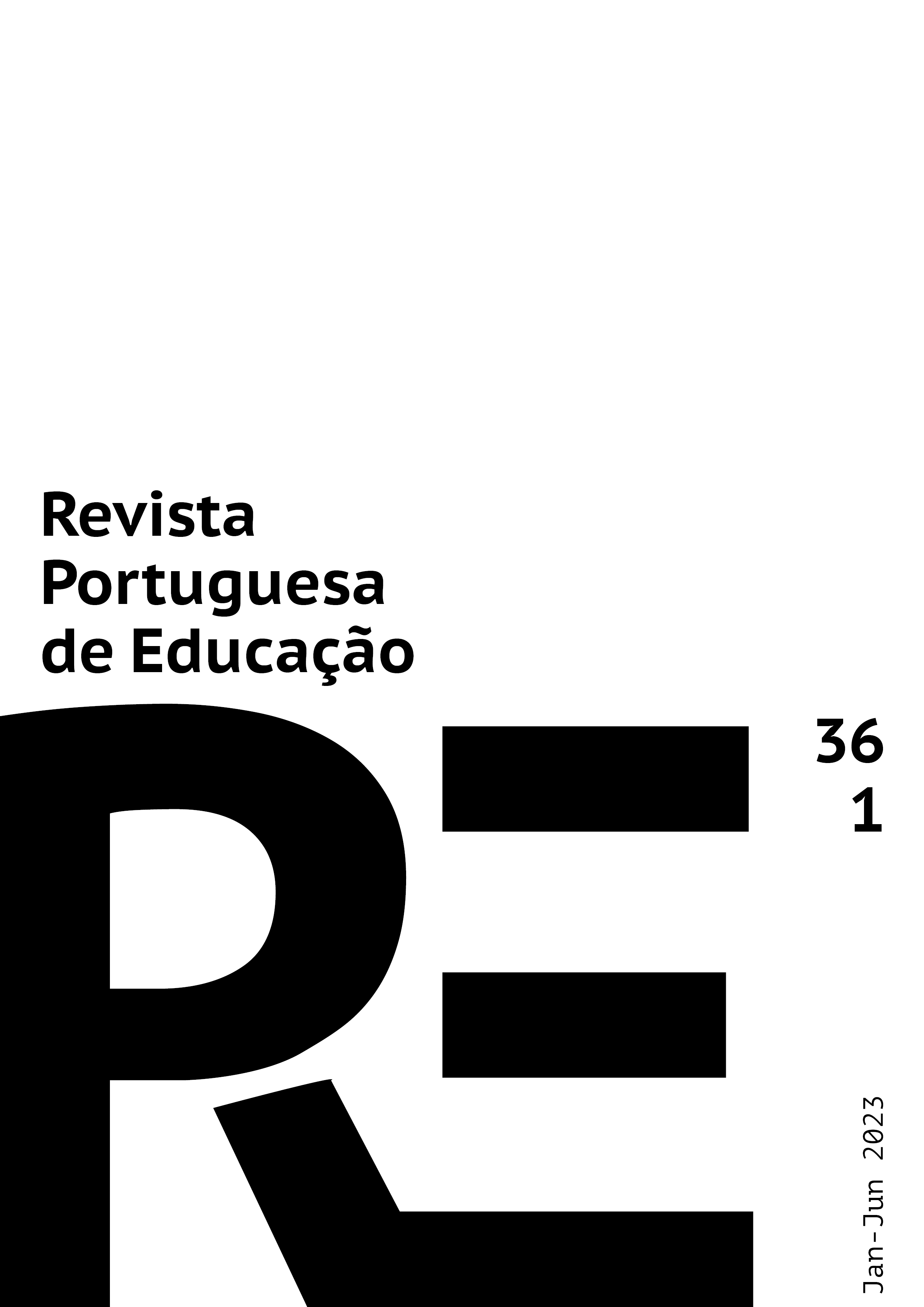Amos Bronson Alcott: A Case for Romantic Education
DOI :
https://doi.org/10.21814/rpe.23945Mots-clés :
Education, Transcendentalism, ReformRésumé
As one of its ideologues, Amos Bronson Alcott constitutes one of the most relevant figures of Transcendentalism or American Romanticism. Confronted with the radical changes of the times he was living in, Alcott will come up with his most daring proposals in the realm of education. The objective of this article is to place Alcott’s reformation drive within its philosophical context and to reveal his singular position. Self-awareness, in perspective with nature, constitutes an unavoidable previous step to any educational intent. It is from here that the most useful learning takes place, that which allows for establishing a relationship between the material world and the spiritual world. Alcott identifies the general laws of thought, as series of Maxims, that must at all times guide the instructor. Due to the divine nature of human beings, education will, in the end, be concerned with self-education.
Téléchargements
Références
Alcott, A. B., (1836). The Doctrine and Discipline of Human Culture. James Munroe and Co.
Alcott, A. B., (1938). In O. Shepard (Ed.), The Journals of Bronson Alcott. Little Brown and Company.
Coleridge, S. T., (1983). In J. Engell and W. Jackson Bate (Eds.), The Collected Works of Samuel Taylor Coleridge.Princeton University Press.
Dahlstrand, F. C., (1982). Amos Bronson Alcott. Associated University Presses.
Emerson, R. W., (1984). Selected Essays. Penguin Books.
Myerson, J., (2000). Transcendentalism: A Reader. Oxford University Press.
Wordsworth, W., (1936). Wordsworth, Poetical Works. Oxford University Press.
Téléchargements
Publiée
Comment citer
Numéro
Rubrique
Licence
© Jaime Costa 2023

Ce travail est disponible sous licence Creative Commons Attribution - Partage dans les Mêmes Conditions 4.0 International.
1. Autores conservam os direitos de autor e concedem à revista o direito de primeira publicação, com o trabalho simultaneamente licenciado sob a Licença Creative Commons Attribution 4.0 CC-BY-SA que permite a partilha do trabalho com reconhecimento da autoria e publicação inicial nesta revista;
2. Autores e autoras têm autorização para assumir contratos adicionais separadamente para distribuição não-exclusiva da versão do trabalho publicada nesta revista (ex.: depositar em repositório institucional ou como capítulo de livro), com reconhecimento de autoria e publicação inicial nesta revista;
3. Autores e autoras têm permissão e são estimulado/as a publicar e distribuir o seu trabalho online (ex.: em repositórios institucionais ou na sua página pessoal), já que isso pode aumentar o impacto e a citação do trabalho publicado (Veja O Efeito do Acesso Livre).
Esta obra está licenciada sob uma Licença Creative Commons - Atribuição Compartilhamento pela mesma Licença Internacional 4.0





















